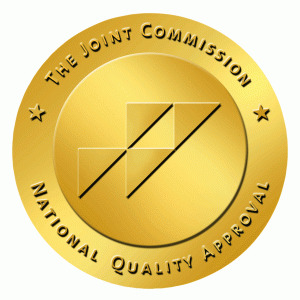Conversations About Conversations
What is going on about all the conversations about have “The Conversation?” An interesting phenomenon is building momentum. Healthcare crisis is something we don’t think about until we are in it. Why should we? As American’s we are excellent at reacting, living in the moment and problem fixing. However, this comes at a cost. Conversations help navigate and help define what we would like our lives to look like…tomorrow. It doesn’t cost anything to start looking at our lives, in fact, it will save you money, stress, and relationships. It helps those we love make hard decisions that may need to be made in the event you have a healthcare crisis. It set guidelines and a sort of permission to move in a direction that you would want to go by asking questions and reflecting on how we want our lives to look like.
A recent TED talk by–Peter Saul “Let’s Talk about Dying” states:
There are four ways most of us will die:
- Sudden Death- this has become very rare.
- Terminal Illness- becoming more unlikely to happen. Only one in 10 people who are over 80 will die of cancer.
- Chronic Illness = Organ Failure- becoming more likely. The increasing failure of respiratory, cardiac, renal or a vital organ, with hospital admissions and aggressive treatments, until at some point, somebody says, enough is enough, and we stop.
- Frailty and Old Age- most likely to happen. At least 6 out of 10 of us will die in this form. Unfortunately, the last year of life can be spent with a great deal of disability or in the hospital.
Fact, 75% of us, will die in the hospital or intensive care. In the U.S. that is 3 in 4.
- Individuals indicated they would want to talk with their doctor about the hospice care option if they knew or understood that their illness was serious or life-limiting. Ironically, healthcare professionals believe that the most significant barriers to the use of hospice by their patients are patient/family denial or lack of acceptance of the serious nature of their illness. (Barry Baines, MD, Lake Superior Quality Innovation Network)
Often the disease process is so acute; we make several trips to the emergency room and the hospital. With hospice, the staff are managing symptoms and pain. Patients can call 24/7 rather than the medics when they are in pain or distress. That means fewer trips to the hospital and a lot fewer medical procedures when facing a life-threatening illness. To learn more about Hospice Care, click here, to schedule a complimentary consultation.







